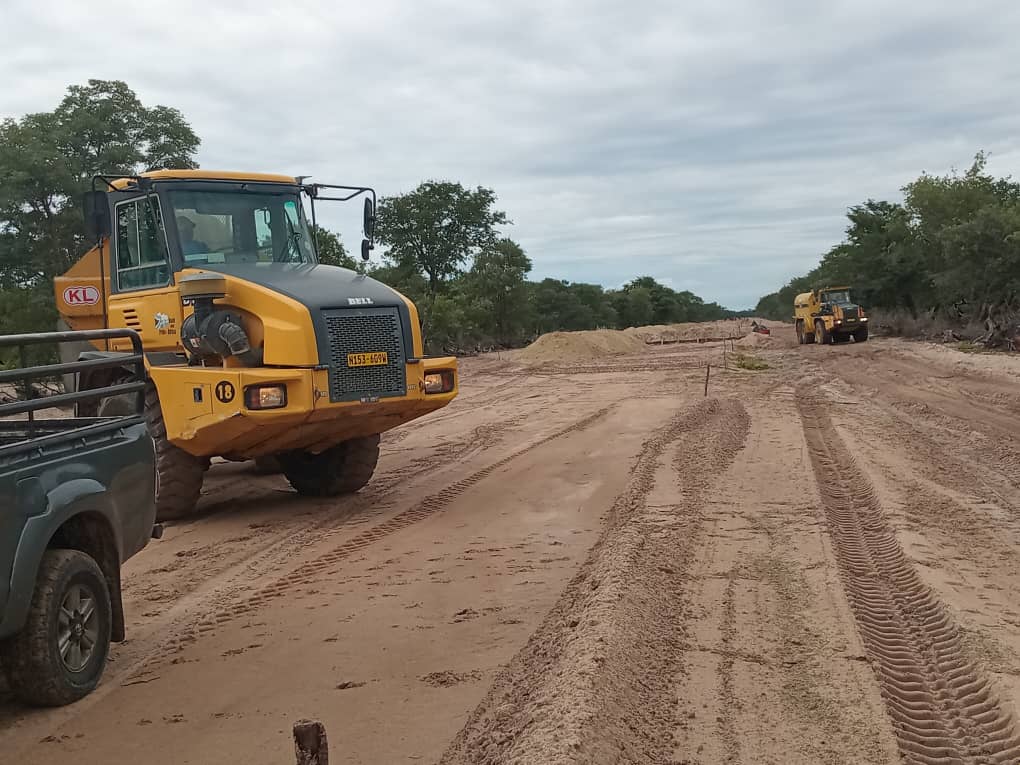JOHANNESBURG – It’s bunk that South Africa has escaped the credit crisis.
‘In the past year the banks have, in a draconian way, made it more difficult to access credit,’ Econometrix economist Dr Azar Jammine said on Friday.Jammine was speaking at a conference on corporate management presented by the Institute of Chartered Secretaries in Sandton.Many economists and government officials have in the past year made a big issue of the contention that the SA banking sector has been protected from the liquidity crisis that has affected most of the developed world’s financial institutions.South Africa was affected by only the second round of the crisis, when the demand for resources and manufactured goods slumped, thus impacting the country’s exports, many people declared.At the end of 2008 the economy entered its first recession in almost two decades. Some analysts now consider that the third quarter of this year will show renewed growth.The manufacturing sector’s July production figures pleasantly surprised economists on Thursday. Manufacturing is the country’s second-biggest sector. The recession in SA’s major trading partners had a particularly adverse impact on manufacturers.Some 60 per cent of South Africa’s manufactured exports are destined for the US, the European Union and Japan. For those economies, which are either officially moving out of recession or close to doing so, there is hope that the manufacturing sector is recovering. In July the volume of goods produced on a monthly basis rose more than three per cent, but this was still 13,7 per cent lower than a year ago.Jammine said the strength of the rand has aggravated matters for the manufacturing sector. Over the past six months the currency has gained as much as 15 per cent to 20 per cent against the principal currencies. This has largely thwarted progress that would otherwise have been made.To get through the difficult times consumers and businesses have needed cash flow. Banks’ strict lending requirements have made it difficult and, although banks have recently granted credit more readily, much of the damage has unfortunately been done, said Jammine. He believed financial institutions’ stricter credit requirements have contributed to the downturn in the economy and made matters much worse than they needed to be. – News24.com
Stay informed with The Namibian – your source for credible journalism. Get in-depth reporting and opinions for
only N$85 a month. Invest in journalism, invest in democracy –
Subscribe Now!










